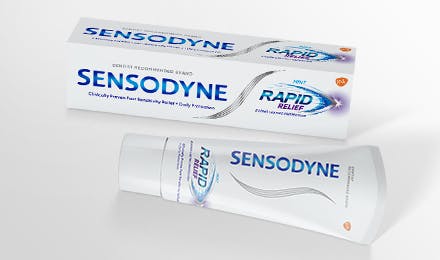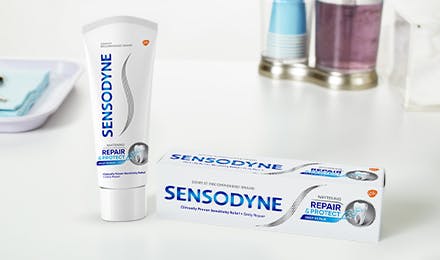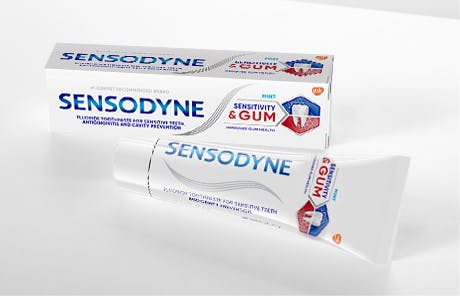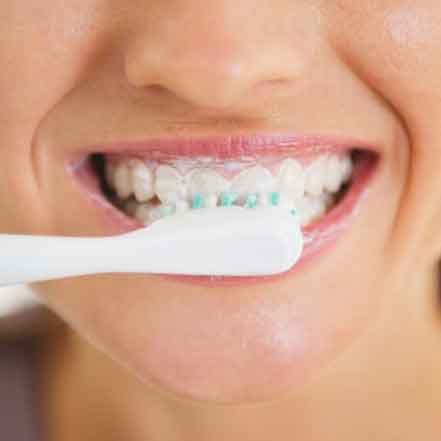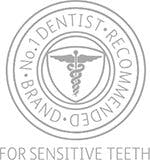Suddenly Sensitive Teeth
There are few things worse than enjoying a refreshing ice cream cone on a hot day and suddenly feeling a sharp twinge or pain in your teeth. While some people are aware of their regularly sensitive teeth, sometimes tooth sensitivity can come on without warning. If you find that your teeth are suddenly sensitive, you will want to address the issue as soon as possible.
There are certain things that can cause sudden tooth sensitivity, and it will be important to discuss some of these possible triggers with your dentist. It’s not necessarily bad to have sensitive teeth, but it can be very annoying. Fortunately, there are treatment options to try both at home and at your dentist’s office to reduce the sensitivity.
Why Are My Teeth Sensitive All of a Sudden?
If you haven’t previously had sensitive teeth, some of the following triggers may have been building up over time to cause the pain all of a sudden. A thorough dental exam with your dentist can identify the root cause of the teeth sensitivity, but consider if one or more of the following issues is causing your problem:1,2,3
- Tooth problems, such as a cracked tooth or a cavity. Cracked teeth and cavities may expose the dentin of your teeth, which would allow things like acids, heat or cold, or sticky foods to stimulate the nerves in your teeth.
- Teeth whitening products. Whether you whiten your teeth at home or at the dentist’s office, it’s possible you will experience some sensitivity for a short time afterwards. Be sure to talk about home whitening products with your dentist beforehand. If your teeth sensitivity lasts longer than a day after whitening, seek an oral exam from your dentist.
- Acidic foods and drinks. Foods like tomato sauce or citrus fruits or beverages like coffee, tea, and orange juice may erode the enamel on your teeth, which also exposes the dentin inside.
- Brushing too hard. While you want to stay on top of your oral hygiene, there is such a thing as brushing your teeth too hard. Dental erosion can occur if you brush your teeth from side to side with too much pressure, exposing the sensitive dentin under the enamel.
- Chewing on ice. Some people like to chew on ice as a stress reliever or even just for fun. But chomping down on solid ice can lead to cracks in your teeth, exposing the dentin and increasing sensitivity.
- Gum issues. Gum disease and receding gums can shrink your gums, exposing the roots of your teeth. Exposed roots do not have any enamel to protect them, which can cause sensitive teeth.
- Recent dental work. Some procedures may cause your teeth to be temporarily sensitive.
- Sinus issues. Inflammation of the sinuses while sick or during allergy season can put pressure on the teeth, causing sensitivity.
- Grinding your teeth. Teeth grinding, also called bruxism, wears away tooth enamel over time, causing your teeth to be sensitive.
How to Treat Suddenly Sensitive Teeth
Consider the following treatments to alleviate your teeth becoming sensitive all of a sudden.2,3
- Regular dental hygiene. The best way to address tooth sensitivity in general is to take care of your teeth. Brush your teeth gently twice a day, replace your toothbrush every three to four months, floss daily, and see your dentist regularly for cleanings and oral exams.
- Toothpaste for sensitive teeth. Consider a toothpaste such as Sensodyne Repair and Protect Deep Repair, which helps to repair deep in the tooth to relieve sensitivity.*
- Fluoride treatment. Your dentist may suggest you to come in for a fluoride gel treatment.
- Gum graft. If your sensitivity is due to receding gums, you may need a surgical gum graft to cover any exposed roots.
- Filling a cavity or a root canal. If your sensitivity is due to a cavity or another issue, you may require a filling or a root canal to get rid of it.
- Dental bonding. Bonding applies a protective, tooth-colored layer of composite resin to the sensitive teeth, sealing in dentin and providing similar protection that natural tooth enamel provides.
You don’t have to live with chronically sensitive teeth. Consider a desensitizing toothpaste and if pain persists longer than 2 weeks, speak and visit with your dentist.
*With twice daily brushing.
Source Citations:
- Sensitive teeth: Causes and Treatment. Mouth Healthy from the American Dental Association. https://www.mouthhealthy.org/~/media/ADA/Publications/Files/patient_33.pdf. Accessed 8/19/2022.
- Preventing and Treating Tooth Sensitivity. Mouth Healthy from the American Dental Association. https://www.mouthhealthy.org/~/media/ADA/Publications/Files/FTDP_Sept2013_2.pdf. Accessed 8/19/2022.
- Sensitive Teeth. Oral Health Foundation. https://www.dentalhealth.org/sensitive-teeth. Accessed 8/19/22.


